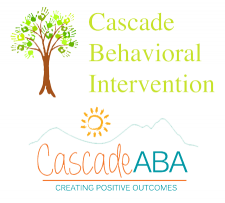Frequently Asked Questions
It is of utmost importance that a child be a willing participant throughout therapy, often referred to as “assent”. We may provide physical guidance if a child needs help, but only if the child is comfortable with receiving help. If the child is showing signs of discomfort, we will use other strategies to help the child, such as finding a new way to present the skill, waiting for the child to be ready, or finding new ways to gain the child’s interest. Throughout therapy, respecting a child’s autonomy is critical, and we work to teach children self-advocacy skills so that they can let others know their wishes and preferences.
We believe the use of aversives to change behavior is a violation of human rights, and we believe strongly in the use of positive behavior support. We use positive reinforcement to teach new skills, and do so in a way that takes into account natural reinforcement. Punishment results in many negative side effects, does not teach new skills, and presents many ethical concerns. We never apply aversive stimuli to suppress or reduce unwanted behavior. Removal of privileges or preferred items may be used if developmentally appropriate and when appropriate to the context (e.g., taking a temporary break from a toy if it is used in an unsafe manner despite instructions not to do so), but only in conjunction with teaching appropriate skills, self-advocacy, coping skills, and other replacement behaviors.
